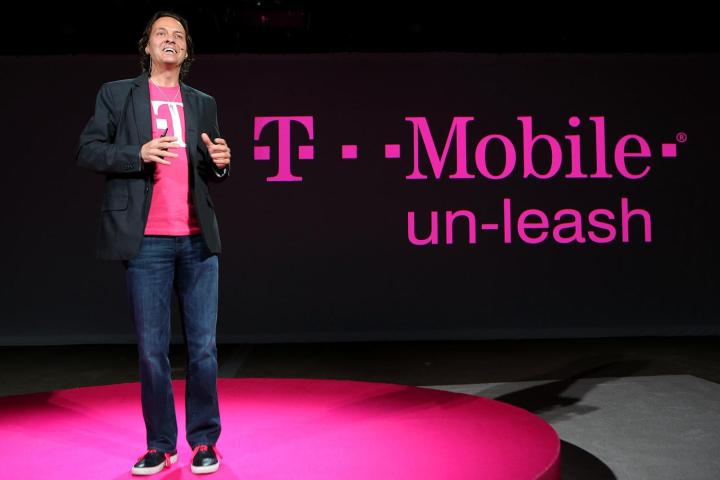
According to the report, the likes of which have become popular as companies are pressured into divulging more information about such requests, T-Mobile fielded a total of 668,940 government requests for data, with 2014 seeing 351,940 such requests. This was more than Sprint, AT&T, and Verizon, which had 308,937, 263,755, and 287,559 requests, respectively.
Out of those 351,940 government data requests, T-Mobile received 177,549 criminal and civil subpoenas and 17,316 warrant orders. On the always-interesting issue of wiretap orders, T-Mobile received more than AT&T or Verizon with over 3,000 such requests, though Sprint came out on top on that metric. Sprint received 3,772 orders, AT&T received 2,420 orders, and Verizon received 1,433.
Equally notable in T-Mobile’s information release is the evidence of how much, or how little, customers seem to care about their information. In 2014, T-Mobile only received 849 data requests from their own customers, a sharp decrease from the 1,724 such requests T-Mobile fielded in 2013. Finally, T-Mobile fielded 8 requests from foreign governments, a small increase from the 5 such requests it received in 2013.
It’s intriguing to ask why the U.S. government issued more data requests to T-Mobile than to Sprint, AT&T, and Verizon, even though they are all larger than Magenta. In addition, T-Mobile received more than twice as many wiretap orders as Verizon, the United States’ largest carrier.
One might chalk up the relatively large number of data requests to T-Mobile’s visibility, which has increased over the years thanks to its Uncarrier initiative, which involves everything from killing traditional two-year contracts to upgrading to a new smartphone twice a year. Regardless of the reason, companies aren’t legally obligated to divulge any of this information, even though firms such as Google, Apple, and Twitter, among many others, seem to be making it a yearly ritual.
Amazon was the most recent company to issue a transparency report, with the online retailer earning the distinction of being the last company in the Fortune 500 to issue such a report.
Editors' Recommendations
- Have T-Mobile? Your 5G service is about to get much faster
- The T-Mobile Tuesdays app is about to get a big upgrade
- T-Mobile’s huge lead in 5G speeds isn’t going anywhere
- T-Mobile’s newest plans are exciting for new (and old) customers
- T-Mobile’s 5G is still unmatched — but have speeds plateaued?


